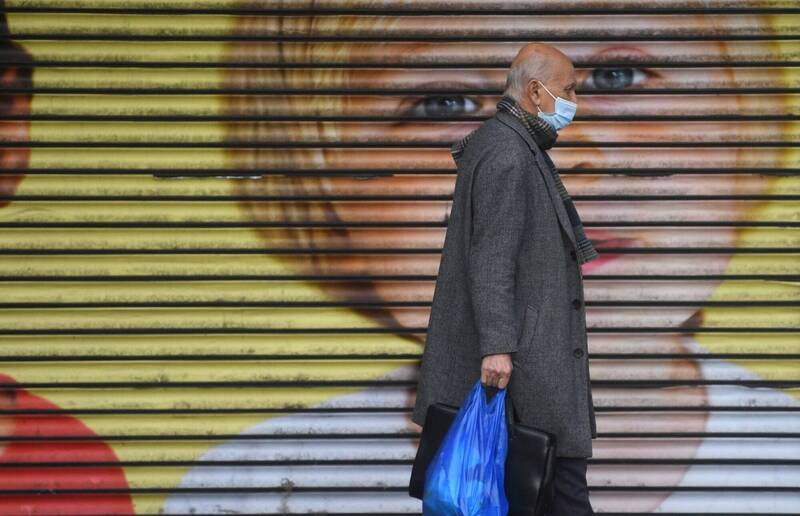Inflation has forced many older people in the UK to live frugally.
Diagram, not related to this news.
(European News Agency)
[Instant News/Comprehensive Report] In July this year, the UK inflation rate rose above 10% for the first time in 40 years, and the cost of energy, food and fuel soared.
The Bank of England predicts that inflation will soar to 13% by the end of the year.
Analysts said "it could be higher early next year".
Many seniors in the UK have to live frugally. While trying to find ways to fill their stomachs, winter is coming, which also makes "warming" a luxury.
According to CNN, the cost of prices has soared, and the inflation rate in the UK continues to rise, and many elderly people in the country are already "overwhelmed".
However, the UK's energy regulator has raised the price cap, and the country's average annual energy bill per household will rise from October to £3,549 (about NT$460,000), an increase of £1,578 (about NT$50,000), an increase of is 80%.
The price cap was raised, meaning energy suppliers could charge higher amounts per unit of energy and gas.
Please read on...
About 44% of seniors who have reached the UK's national pension age of 66 believe pensions are their main source of income, according to Pension Service figures.
The basic state pension for most recipients is £141.85 per week (about NT$5,000), or about £7,400 (about NT$250,000) per year, and the new pension introduced in 2016 is equivalent to about £9,600 per year ( about NT$320,000).
State pensions rose 3.1% in April, well below the 9% inflation rate at the time.
An elderly man in the UK said: "I have turned off the heating, I don't mop the floor very often. I don't often vacuum the dust, I only tidy when necessary".
Another elderly person said, "Holidays are a thing of the past, social life is a thing of the past. If the cost continues to rise, I have no answer. I don't mind working, but no one wants me at the age of 88," showing the helplessness of the elderly.
Winter is coming, and whether to "winter" well has become a big question. Yvonne DeBurgo, a 77-year-old widow from Oxford in southern England, said she was not sure how to keep the heat this winter to control her fibromyalgia and pain. Arthritis-related symptoms, "I think the government thinks we should starve or freeze to death".
Nearly 10,000 people in England and Wales will die from being too cold in their homes in 2021, according to NHS figures.
In a statement, NHS leaders warned that a "humanitarian crisis" is looming if the government does not address energy costs.
